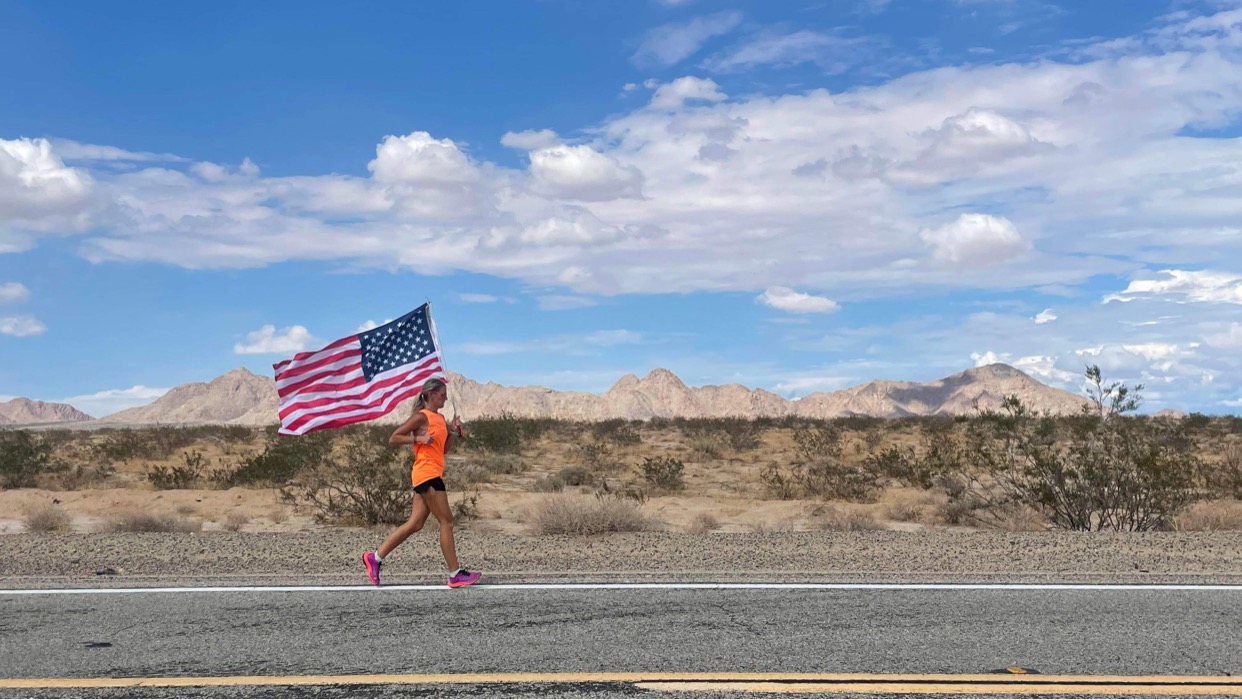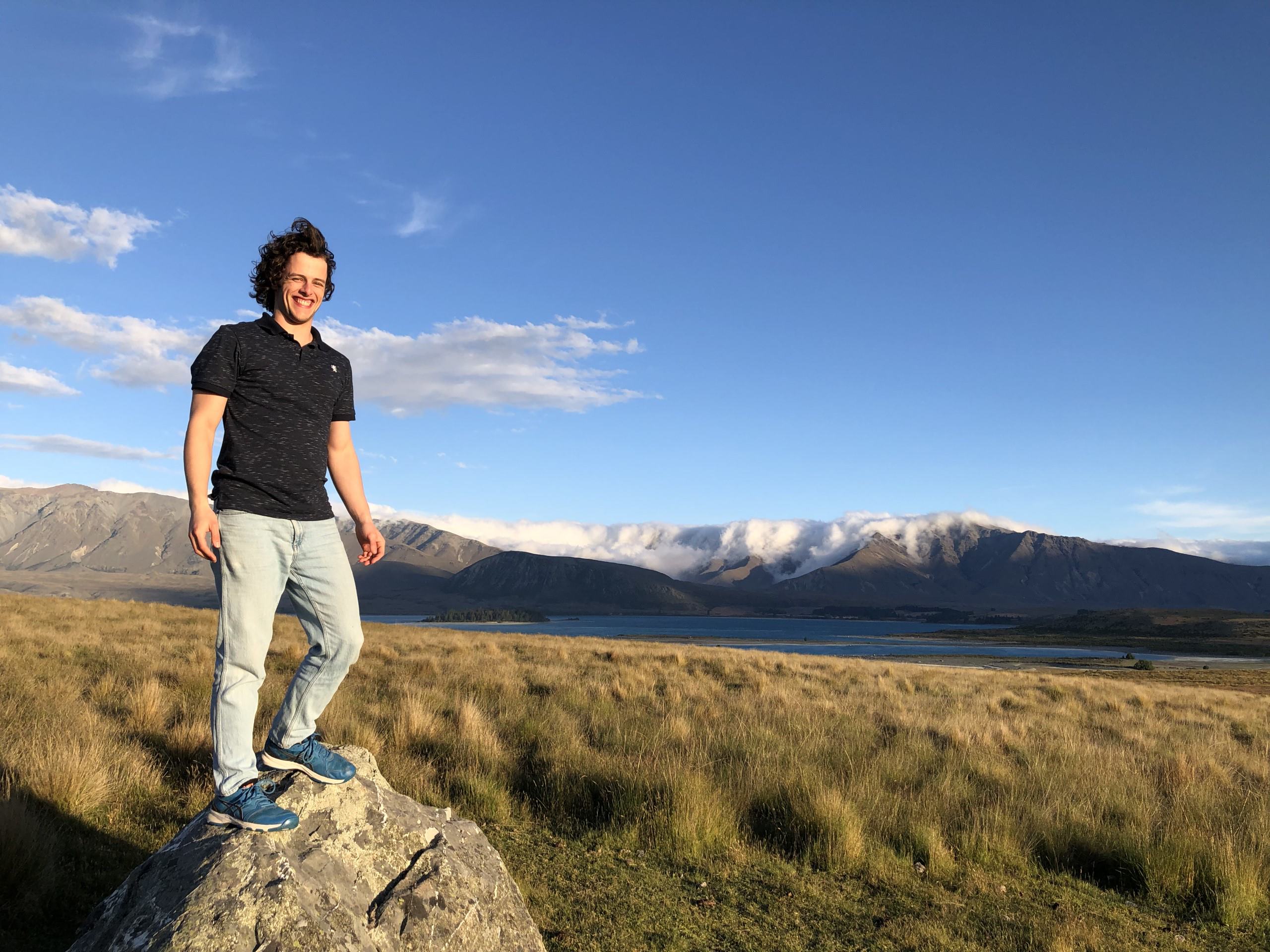
9 tips for camping with hearing loss
June 20, 2018
Heartwarming story of teen and deaf, blind man communicating using sign language goes viral
June 26, 2018Podcasts: The last frontier of accessibility for deaf and hard of hearing people

Making it to the front page of Reddit is considered the Holy Grail. This social website of topic-based communities includes comments and votes. Generally, around 4,000 upvotes within six hours gets you to the front page. Recently, Reddit user Istovi succeeded with a question about podcast accessibility.
He wrote the following question: “As a deaf person, I get sad when I think of podcasts because I cannot listen to them and there [is] generally no captioning support of any kind. Will you help me find podcasts that provide transcripts, captions, or whatever so I can connect to the podcast in that way? Thank you.”
In fact, eight days after the original post, people were still adding to the thread. It has since been archived.
The thing is, this question isn’t unique. Another person who is deaf posted to a Facebook group of deaf adults with the question, “This may be a shot in the dark query… any apps or services out there that provide text for podcasts? (Kudos to those podcasts that provide transcripts.)”
Let’s face it; podcasts are part of the digital media frontier that are yet to be made fully accessible. So what are we deaf folks to do?
What are podcasts, anyway?
A podcast is basically on-demand radio. Typically it’s a series of spoken, audio episodes. Users download and listen to them whenever is convenient, whether it be exercising, driving, or “working.” It’s often another medium for fans to follow as if Instagram or Twitter wasn’t enough. Many podcasts become part of the pop culture phenomenon, like the addictive Serial, which was the non-fiction story of a murder that questioned the suspect’s guilt and resulted in a new trial for the defendant.
The number of podcasts is only growing. Most data is outdated, but an article published in April 2018 by FastCompany says there are over 525,000 active shows and over 18.5 million episodes. In February 2018, Variety said that Apple podcasts feature more than 500,000 active podcasts, including content in more than 100 languages.
Half of all homes are podcast fans. That’s over 60 million homes, according to Nielsen Q3 2017 Podcast Insights. Of the U.S. population, 44 percent has listened to a podcast.
Accessibility
Where does that leave us?
“With no regulations directly requiring access to podcasts, accessibility rests on the awareness and willingness of podcast producers,” says Bryan Gould, Director, Accessible Learning and Assessment Technologies at the Carl and Ruth Shapiro Family National Center for Accessible Media at WGBH (NCAM). “So, like TV and movie captions, it’s worth exploring different podcast platforms to see which, if any, are captioned or provide a transcript. If there is no access, advocate.”
This is what Betsy McCarthy did. Her company, which provides career management support, started putting out a podcast last year in which various HR executives are interviewed. After learning about it, McCarthy asked the marketing department about adding captions and sent articles about why it was a best practice. Transcripts are now available for all but the most recently posted podcast; transcripts go live within 10 business days of the podcast. The company uses Rev.com for the transcription and then manually corrects by listening and editing before posting.
The Reddit thread actually helped with awareness. Several people with podcasts thanked the original poster for making them aware of the issue and said they would provide transcripts going forward. This actually benefits a wider audience, as transcripts make content more accessible, searchable, shareable, and digestible, says 3Play Media, a company that provides closed captioning, transcription, audio description, and subtitling solutions. “Transcripts can help us catch the important details we may have missed,” the company says. “Or, when we don’t have time to listen to a full episode, transcripts can help us skim the content. And if you are a podcast producer, transcripts are even more valuable because they can help boost SEO, or search engine optimization.”
“Transcripts can help us catch the important details we may have missed.”
NPR transcripts used to incur a small fee, but now they’re free and many shows have transcripts available within a week of the episode airing. Others can be sent upon request by contacting permission@npr.org. NPR does have a disclaimer that not all programming and podcasts featured or linked to on npr.org are controlled by NPR. This means NPR may not have the necessary rights to make transcription available.
Transcripts of a podcast can be read separately from playing the audio and can be made available through a podcast webpage, explains Gould. They could also be provided as an HTML page or another type of document such as Word or PDF.
In an ideal world, transcripts would include good formatting so it’s clear who’s talking, music descriptions, tone, emotion, action, and markers when not obvious from context. So not only do we want a transcript, but we’d like one that mimics the audio experience as much as possible.
Solutions
The good news is the technical solutions exist, and it’s more a matter of implementation, Gould says. Of course, when it comes to transcripts, there’s often a fee involved for whoever hires the transcription company. Rev.com, for example, is $1/minute. There’s free software for automatic transcription, but the results are typically inaccurate. Self-transcription takes time. Hiring a service means weighing prices against turnaround time.
One Reddit commenter recommended Gretta, a service that provides podcast transcripts that highlight words in real-time. It doesn’t support all podcasts, but covers a variety of genres and apparently the featured ones at the top of Gretta’s home page are excellent.
It might be helpful to think outside the box as well. Would something like Skype Translator do the job? Or perhaps MS Translator is another option. Tilak Ratnanather, Associate Research Professor, Johns Hopkins Department of Biomedical Engineering, has been experimenting with this. He first attempted to run MS Translator on the iPad next to a computer speaker playing a podcast. It almost worked but needed cleaner audio input. Now he says he has a solution but has to solve audio splitting so he can hear with a CI or headphones. If this sounds awfully intricate, it’s no wonder someone told Ratnanather he should make it into an app.
And, really, why should we have to go to such lengths?
Read more: Is this the future of accessibility in the theatre for deaf people?
To get started, check out some of the most highly recommended podcasts with transcripts: Serial,This American Life, and Freakanomics.
What are your favorite podcasts with transcripts? Let us know in the comments.



